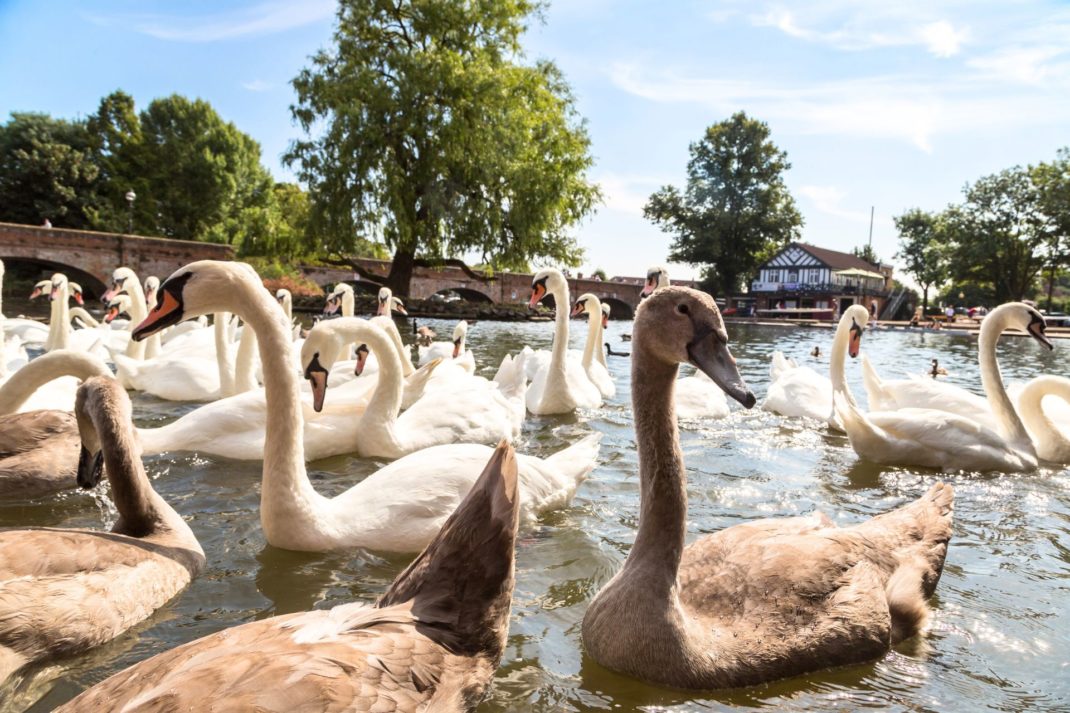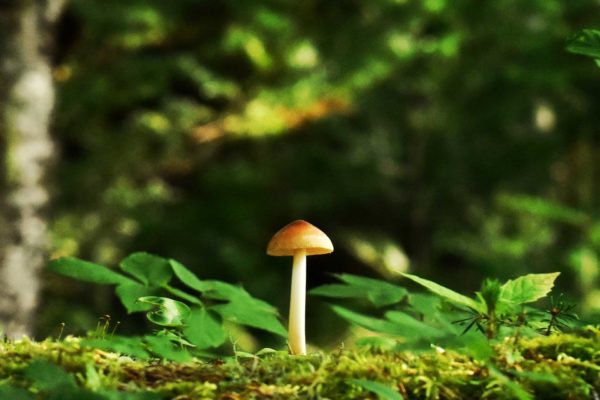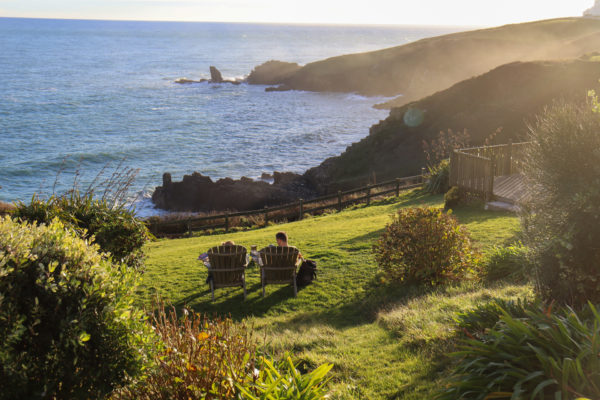Tripping with Truffles: Beckley Retreats
By
2 years ago
Can tripping with truffles really be a wellness experience?
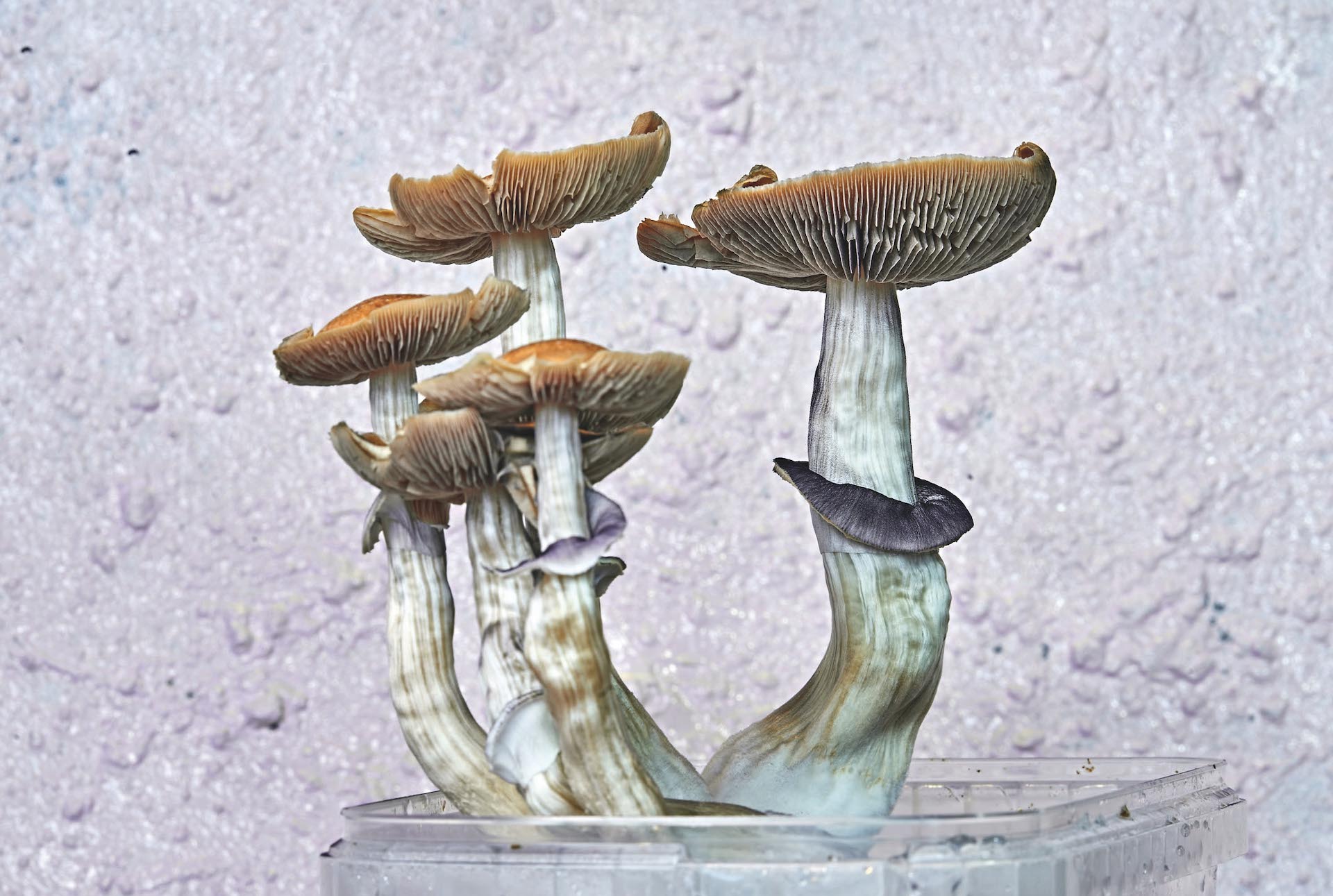
Sophie Benge heads to Beckley Retreats in the Netherlands to experience the trip of her life and is so blown away that she wants to eulogise the benefits of controlled psychedelics to anyone willing to listen.
Review: Beckley Retreats Psychedelic Experience
Last year was the year in which the conversation about psychedelics changed. Features in all the broadsheets about the impressive and groundbreaking results on the use of psilocybin (the active ingredient in magic mushrooms) to treat depression – and other conditions, such as PTSD, anxiety and anorexia – proliferated. Along with this revival of mainstream medical interest came a new breed of travel experience, too – the psychedelic retreat, a trip to remember in all senses of the word.
Having been a wellness practitioner for the past two decades, this new frontier of ‘wellness tourism’ (overseen by qualified experts, which goes without saying) seems to me to tick the science-meets-spirituality credentials we now seek in our eternal quest for health and happiness. So even before I experienced Beckley Retreats, in a 11-week programme that included a four-day residential in the Netherlands, and was led, by the mushrooms, through the kaleidoscope of my subconscious, I was sold by the concept of psychedelic therapy.
The History of Psychedelics
Of course, the mind-altering effects, which have given psychedelics such a bad rap since the Sixties (until now), are exactly why indigenous peoples have been weaving the ceremonial use of actives from cacti, mushrooms and Amazonian vine into their way of life for centuries. They’re respected tools that help them see life situations from a fresh perspective.
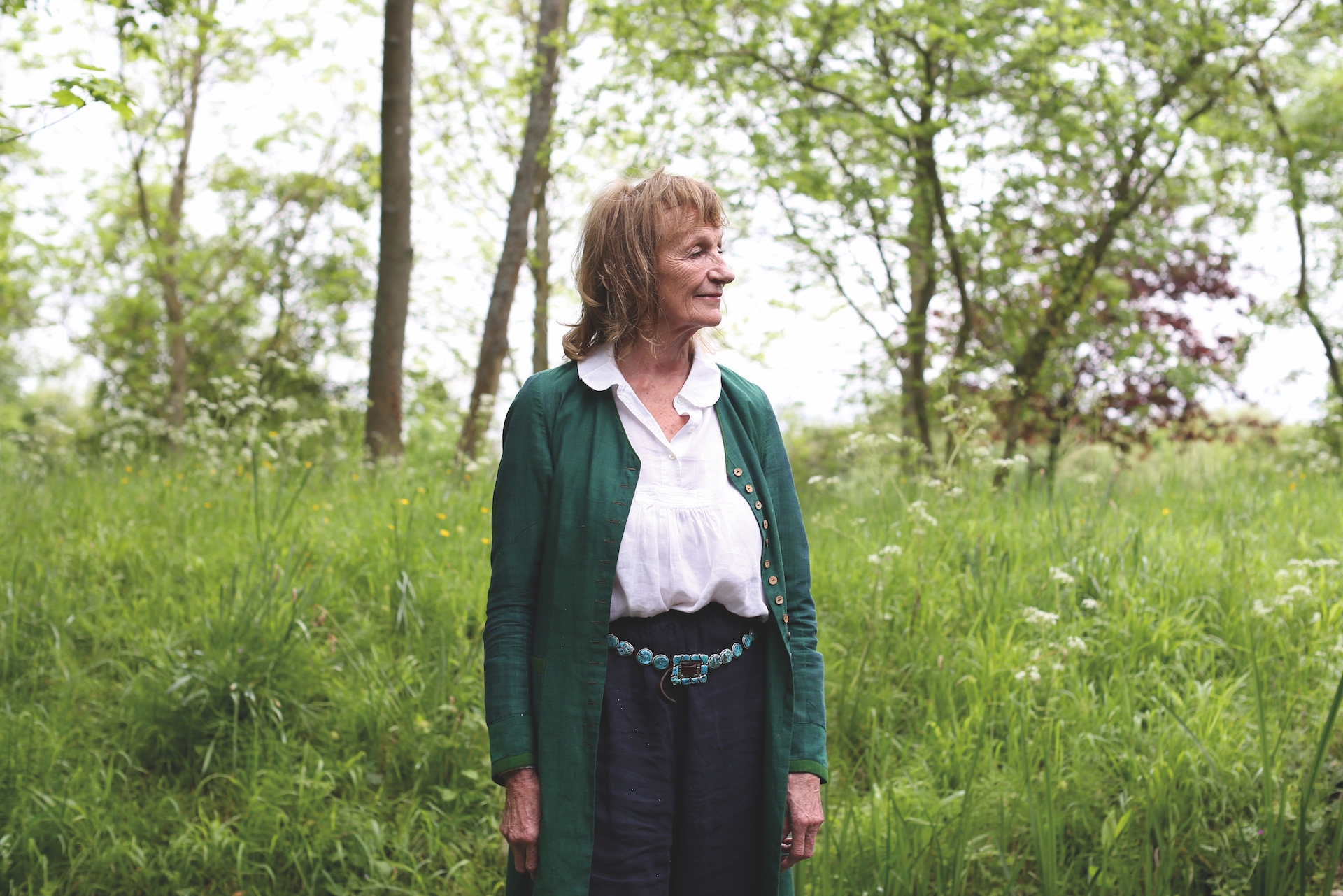
Psychedelics researcher Amanda Feilding
In 20th century Europe and America, the surge in ‘psychopharmacology’ took these plant compounds into a lab setting to test their chemical effects on the brain’s plasticity. Intellectuals, like Aldous Huxley and Sigmund Freud, were experimenting with LSD (synthesised fungus) and mescaline (cactus) and reporting their existential experiences on the drugs, which morphed into feelings of being reborn. As 1950s psychologist Humphry Osmond wrote: ‘to fathom hell or soar angelic, just take a pinch of psychedelic’.
However, in the late Sixties the psychedelic train hit the buffers with the cross-over into hippy culture. Harvard professor Timothy Leary’s infamous LSD-fuelled ‘Turn On, Tune In, Drop Out’ counterculture contributed to its prohibition by press and politics as they attempted to quash anti-government sentiment at the time of the Vietnam War. In 1968, the US federal government criminalised the possession of psychedelics.
Thence, the movement has been operating under the radar of inaccurate perceptions until the so-called ‘psychedelic renaissance’ of the last few years, in which one English countess is at the vanguard.
Meet Psychedelics Pioneer Amanda Feilding
For six decades, Amanda Feilding, Countess of Wemyss, has worked tirelessly to put her own drug-induced changes of consciousness through a rigorous scientific lens. ‘My mission,’ she tells me, ‘has been to show how these compounds positively impact connectivity in the brain and how they can help us become a happier, healthier species.’ Now, aged 80, she is rightly having her time in the sun: fêted in the press as the ‘Acid Queen’ and awarded for her contribution toward transforming society.
Her journey into psychedelics started as a child after some mystical encounters with fairies among the hedges of her home, Beckley Park in Oxfordshire. It continued during her youth, when she used LSD to help stop her addiction to nicotine, and would eventually inspire her life’s work: the formation of her NGO, The Beckley Foundation. For 25 years she’s been collaborating with leading neuroscientists on university research programmes (more than 60) that are now proving a role for psychedelics – LSD, MDMA, 5DMT, ayahuasca and ibogaine – to treat such diverse conditions as PTSD, depression, Alzheimer’s, even nicotine addiction. Now the mission in the psychedelics world is ‘medicalise to legalise’.
Outside of mental health, there are manifold benefits too, as many of us ‘healthy normals’ are starting to realise how our rigid thinking and recurring life blocks really need a shake-up.
Trying Beckley Retreats
My ambition was to break my scarcity mindset around money. I liked the idea of busting my financial block without effort – thinking my way out of this conundrum had not been yielding results. So I signed up to Beckley Retreats, a sister organisation to the Beckley Foundation. Beckley Retreats was co-founded in 2021 by Amanda and Afghanistan combat veteran Neil Markey, who only really healed his post-war trauma with psilocybin experiences.
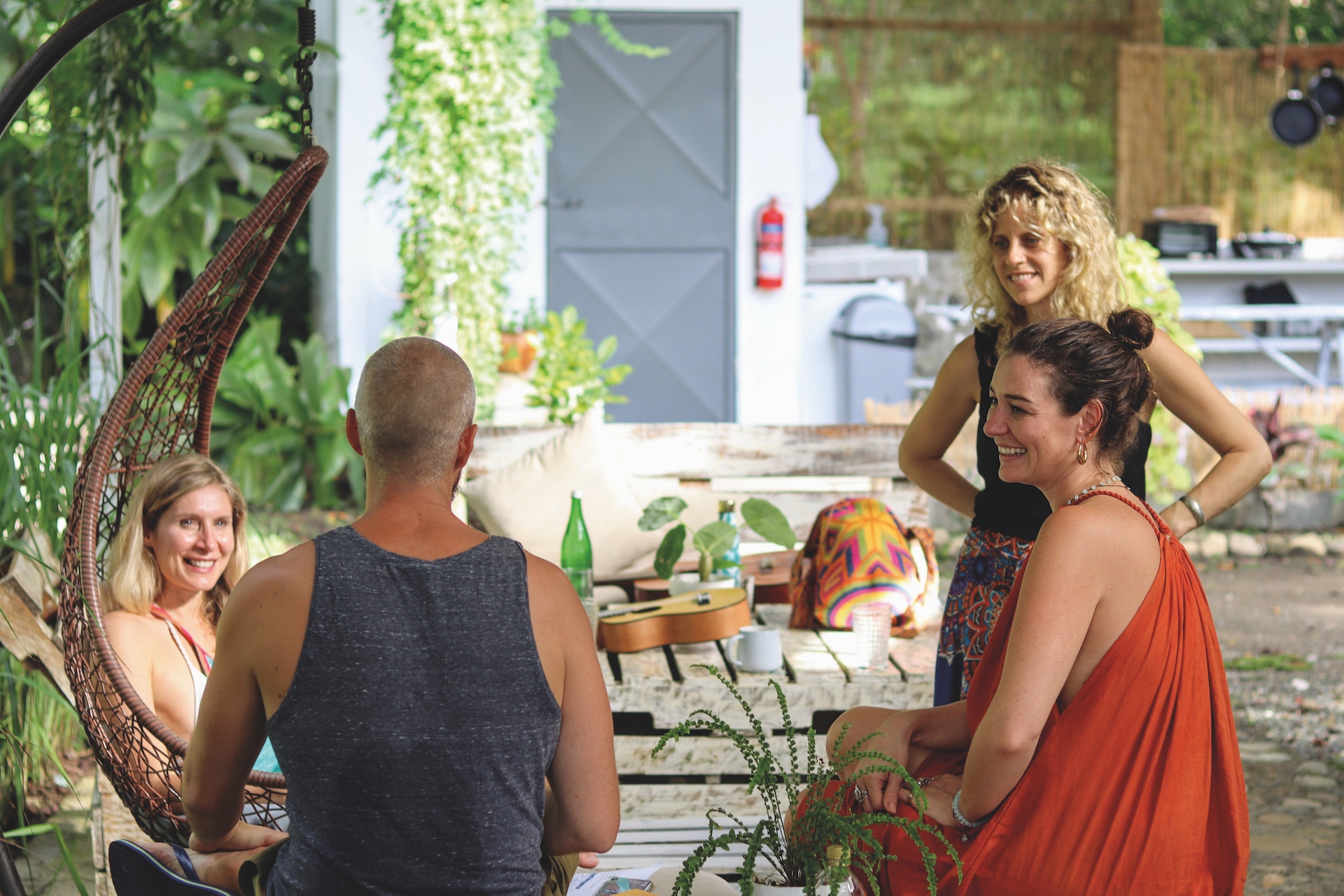
Photo by Petar Savic
While the ‘tripping with truffles’ happens for about 10 hours over two ceremonies, during the four-day retreat, the experience starts well before and continues for six weeks afterwards in the form of short daily practices and weekly group calls. It is this deep preparation and integration that stands Beckley Retreats head and shoulders above many psychedelic companies when it comes to pastoral care of guests – something to research when choosing a retreat. On gentle instruction, I was encouraged to forgo alcohol and coffee, to journal, to set my intentions, remain celibate and up my walks in nature, for four weeks prior to landing in Amsterdam and making my way to New Eden, a woodland location around 90 miles away. There are a maximum of 20 guests per retreat.
‘Sometimes people have challenging experiences but the net effect is positive with the safe container we create,’ explains Neil, whose retreat team of six love us and judge-us-not as the hallucinogens unleash hardcore reactions in some. They hug, hold and bless us with indescribably beautiful music to take us through the ripples and waves.
As for me, the fungi carried me fast, as if on a flying carpet, through a vortex of colour, shape and visions of my daughter. I’ve berated myself for not always being present as a mother when she was small, while chasing unsatisfactory relationships to plug the gap of a failed marriage. But a smiling Daisy (now 23) poured in to remind me of bike rides, picnics and make-believe games we shared in her young years. My ancestors also appeared with gratitude for the healing process I did for them some years ago. In a five-hour flow of tears, pangs of nausea, incessant yawning and conscious deep breathing to keep steady on the ‘carpet’, I found insight, cathartic release and validation of the work I’ve done on myself over the years.
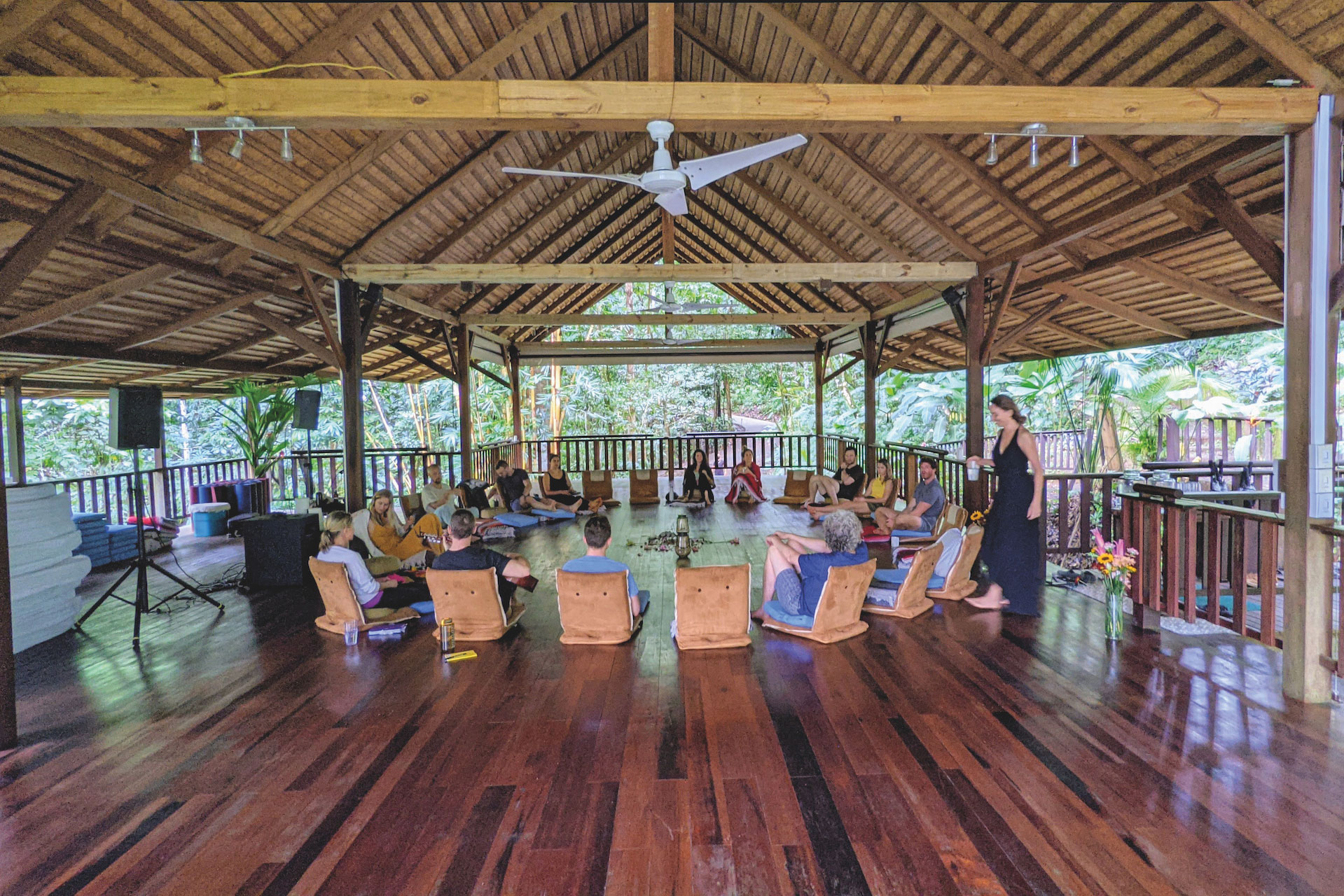
Photo by Petar Savic
I’m sure my long wellness experience helped me surrender to the higher power of the fungi, rather than let my rational brain fight to make sense of them. The journeys for some among our high-achieving group, including a Bombay business owner, war veteran, NGO boss, chef, photographer and gallerist, were less benign, spiked with archetypal tricksters, such as wolves, rats and demons.
Yet, by the time we left the safe haven of morning yoga and meditation, of trance-state breath work (that can fiddle with consciousness), songs around the fire, art therapy and the human bonding that comes from being vulnerable, we all concluded the same thing: that the metaphorical, well furrowed, sled grooves on our mental hillsides had dissipated under a fresh fall of snow. We saw the world with the wonder of our childhood eyes.
The big question is, as the book title goes: After the Ecstasy, the Laundry (Jack Kornfield). In other words, the key to long-term neuroplasticity is the integration work post-trip. This is not a weekend break, nor a magic bullet. In the burst of psychedelic retreats, Beckley is particularly strong on its ‘Rewiring Programme’, crafted by Lucyne Jade, a psychotherapist who’s led over a thousand psychedelic ceremonies. She’s a pearl and shares practices to embed the change in our neural pathways, committing us to ongoing inner work to manifest our dreams. It’s the gentle accountability we need to keep the post-retreat diamonds from turning into pebbles as normal life takes hold again.
Six weeks on, I reflect on my intention around money. Things have shifted and I’m financially fluid. Thank you, fungi, I’m forever in awe of you, the mycelium networks and, quite literally, the brains beneath our feet.
Book It
Beckley Retreats in the Netherlands now run for five nights, costing from €5,500 (shared room) with a maximum of 20 participants. The price includes vegetarian meals. beckleyretreats.com





